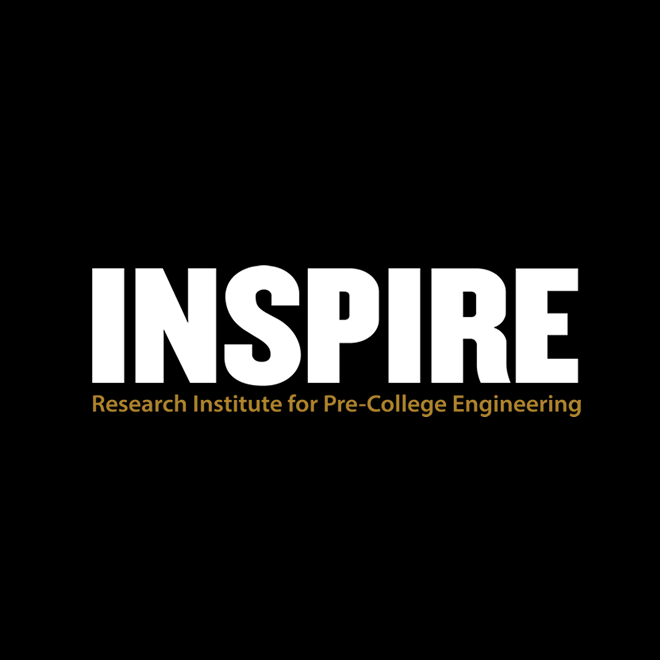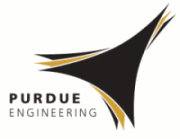Abstract
In this article, we describe efforts to reduce barriers of entry to pre-college engineering in a rural community by training local teens to become maker-mentors and staff a mobile makerspace in their community. We bring a communities of practice frame to our inquiry, focusing on inbound and peripheral learning and identity trajectories as a mechanism for representing the maker-mentor experience. Through a longitudinal case study, we traced the individual trajectories of five maker-mentors over two years. We found a collection of interrelated factors present in those students who maintained inbound trajectories and those who remained on the periphery. Our research suggests that the maker-mentors who facilitated events in the community, taught younger community members about making, and co-facilitated with other maker-mentors were more likely to have inbound trajectories. We offer lessons learned from including a mentorship component in a pre-college maker program, an unusual design feature that afforded more opportunities to create inbound trajectories. A key affordance of the maker-mentor program was that it allowed teens to explore areas of making that were in line with their interests while still being a part of a larger community of practice. Understanding learning and identity trajectories will allow us to continually improve pre-college engineering programming and education opportunities that build on students’ funds of knowledge.
Recommended Citation
Nixon, J.,
Stoiber, A.,
Halverson, E.,
&
Dando, M.
(2021).
Making Makers: Tracing STEM Identity in Rural Communities.
Journal of Pre-College Engineering Education Research (J-PEER), 11(1), Article 12.
https://doi.org/10.7771/2157-9288.1296
Included in
Engineering Education Commons, Other Education Commons, Science and Mathematics Education Commons, Science and Technology Studies Commons


